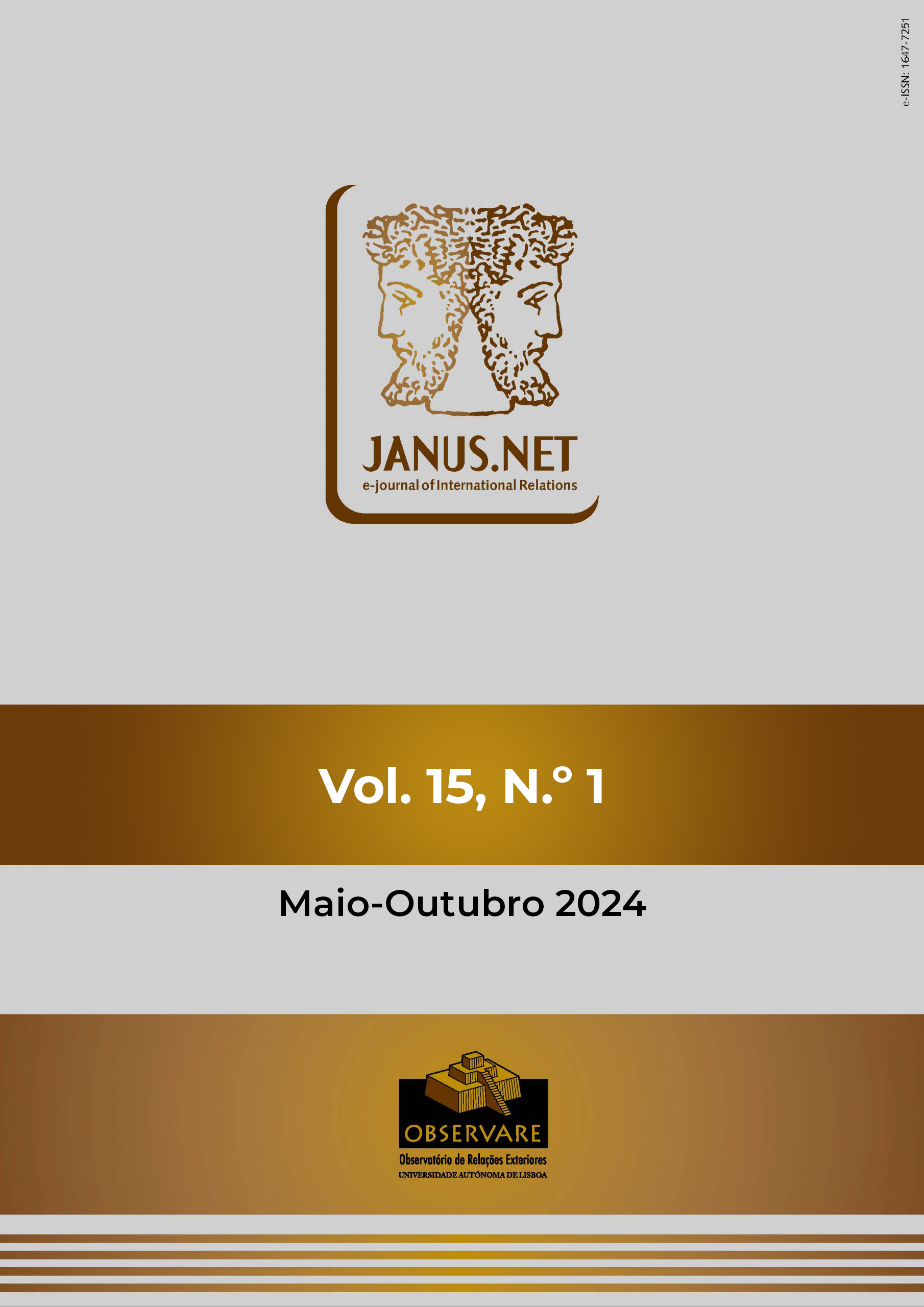COLOMBIA'S ENTRY INTO THE PACIFIC ALLIANCE; A READING FROM THE PERSPECTIVE OF NEOCLASSICAL REALISM
DOI:
https://doi.org/10.26619/1647-7251.15.1.10Keywords:
Colombian foreign policy, Pacific Alliance, Neoclassical Realism, decision makers, systemic stimuliAbstract
Colombia has a long tradition of participating in regional integration initiatives, as a full or associate member. The Pacific Alliance (PA) is one of the most recent integration projects in which Colombia participates. This article explores, from the perspective of neoclassical realism (NCR), the role played by the perception of foreign policy decision-makers, both in the systemic and regional context, and how these perceptions were assumed as opportunities or threats that defined Colombia's entry into this integrationist initiative. It employs a qualitative methodology through documentary analysis of scientific and journalistic sources. It concludes that the perception of the external context played an important role in Colombia's decision to become a founding member of the Pacific Alliance, and that the intervening variable of the decision-makers perception becomes valuable in contexts where the formulation of foreign policy falls largely on the presidential figure.


